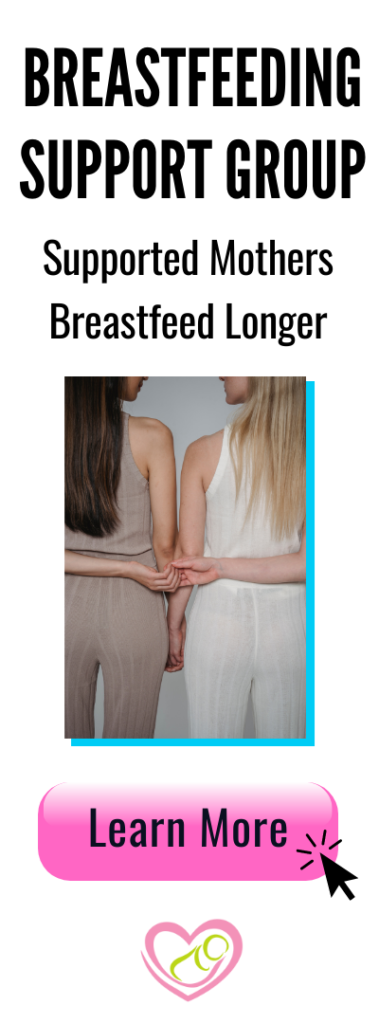All About Perinatal Mood Disorders- Complete Overview, Symptoms & Resources
December 13, 2021 2024-06-20 15:39All About Perinatal Mood Disorders- Complete Overview, Symptoms & Resources
Perinatal Mood Disorders

The most difficult parts of becoming a mother don’t get talked about nearly enough. Social media overwhelmingly shows us what most moms can only dream of…glowing pregnant skin and beautifully round baby bumps, then flat stomachs and manicured nails barely a few weeks postpartum.
We rarely see moms struggling, crying or overwhelmed.
We rarely find someone willing to talk about feeling anything less than abundantly happy and grateful for this brand new identity.
We rarely see any new mother feeling less than head over heels in love with the tiny life that’s completely dependent on her for survival.
It is easy to think everyone else has it all together, that there’s something wrong with us for feeling differently. This could not be farther from the truth.
“Mothers need to know: “You are not alone. You are not to blame. With help, you will be well.”
-Postpartum Support International
The reality is, perinatal mental health problems affect between 10 to 20% of women during pregnancy and the first year after having a baby. While Postpartum Depression and Postpartum Anxiety are the most common and widely discussed, there is actually a spectrum of other conditions that can affect pregnant and postpartum people. See a full list of perinatal mood disorders here.
What is Postpartum Depression?
*It is important to distinguish “baby blues” from Postpartum Depression. Baby blues is not simply a mild version of postpartum depression and is not a mental health diagnosis. It can start very soon after birth and lasts a few days, up to 2 weeks, getting better as the mother recovers from birth. Anything longer than 2 weeks is not baby blues.
Postpartum depression is depression that occurs once the baby is delivered. It can be triggered by changing levels of hormones, an entirely new environment, fatigue, and various lifestyle factors such as lack of support from loved ones. Postpartum depression can occur anytime in the first year after birth.
Symptoms of postpartum depression can include, but are not limited to:
- Crying more often than usual
- Feelings of anger
- Feelings of fear and/or guilt
- Withdrawing from loved ones
- Feeling distant or uninterested in your baby
- Worrying or feeling overly anxious
- Appetite and sleep disturbance
- Difficulty concentrating/making decisions
- Thinking about hurting yourself or your baby
- Doubting your ability to care for your baby
While these symptoms sound scary, the good news is that you are not alone. Postpartum depression is very common and highly treatable. If you are experiencing any of the above symptoms, please reach out to your healthcare provider for help or contact the Postpartum Support International helpline (800-994-4773). You can also complete this questionnaire to check on yourself if you are not sure.
Most importantly, please remember that becoming a parent is more challenging than most of us expect, and being perfect is not realistic. Experiencing postpartum depression is not your fault, and does not mean you are a failure as a mother. Seek the help you need in order to be the best person possible for yourself and your baby. You can and will get through this. We believe in you!
What is Postpartum Anxiety?
Postpartum Anxiety Disorder can include generalized anxiety, panic attacks, or obsessive compulsive behaviors. Symptoms can, but don’t always, occur alongside postpartum depression. Learn more about specific forms of postpartum mood disorders here.
A new baby can easily trigger anxiety. Everything is new and you’re worrying about ALL the things.
Are they eating enough?
Are they sleeping enough?
Are they sleeping too much?
Am I doing any of this right?
Is anyone else struggling as much as I am?
The list goes on. As the saying goes…if you aren’t worrying about something, are you even a parent? It is very normal to worry, you are venturing into uncharted waters, in a brand new role. It’s a whole new world! However, if these worries start to consume you to the point you’re having intrusive thoughts, if all you think about is what could go wrong or your ability to function in everyday tasks is impaired, you might have postpartum anxiety.
Some symptoms of postpartum anxiety include but are not limited to:
- Excessive worry
- Panic attacks or Hyperventilation
- Inability to sit still, shakiness or trembling
- Needing to constantly check on things
- Restless sleep
- Nausea or vomiting
- Appetite disturbance
- Repeated feeling that something bad is going to happen
- Racing thoughts
It is important to remember that perinatal mood disorders can affect your bond with your baby and, if left untreated, can snowball quickly rather than taper off naturally. It is not your fault, you are far from alone in this, and with the right help you can recover and bond with your baby again. If you are experiencing any of the above symptoms, please reach out to your healthcare provider for help or contact the Postpartum Support International helpline (800-994-4773).
References:
https://www.cdc.gov/reproductivehealth/features/maternal-depression/index.html
https://www.postpartum.net/wp-content/uploads/2014/11/PSI-PMD-FACT-SHEET-2015.pdf
https://perinatology.com/calculators/Edinburgh%20Depression%20Scale.htm
https://postpartumprogress.com/the-symptoms-of-postpartum-depression-anxiety-in-plain-mama-english
https://www.postpartum.net/learn-more/anxiety/
https://www.healthline.com/health/pregnancy/postpartum-anxiety#outlook
***The information provided on our website is intended solely for general educational and informational purposes only. It is neither intended nor implied to be a substitute for professional medical advice. Always seek the advice of your physician for any questions you may have regarding your or your child’s medical condition. Never disregard professional medical advice or delay in seeking it because of something you have received in this information.***
Search
baby bottle feeding breastfeeding breastfeeding latch breastfeeding pain breast milk storage breast refusal bugs cedar park regional clogged duct contraceptives daycare discharge doula engorgement exercise foremilk galactogogues hindmilk hospital how to latch baby labor low milk supply low supply massage mastitis newborn care nursing strike nutrition pacifiers plugged duct plugged ducts postpartum prenatal pumping relactation siblings sleep sore nipples breastfeeding suck training tax breaks thrush tongue tie video weaning
Search



